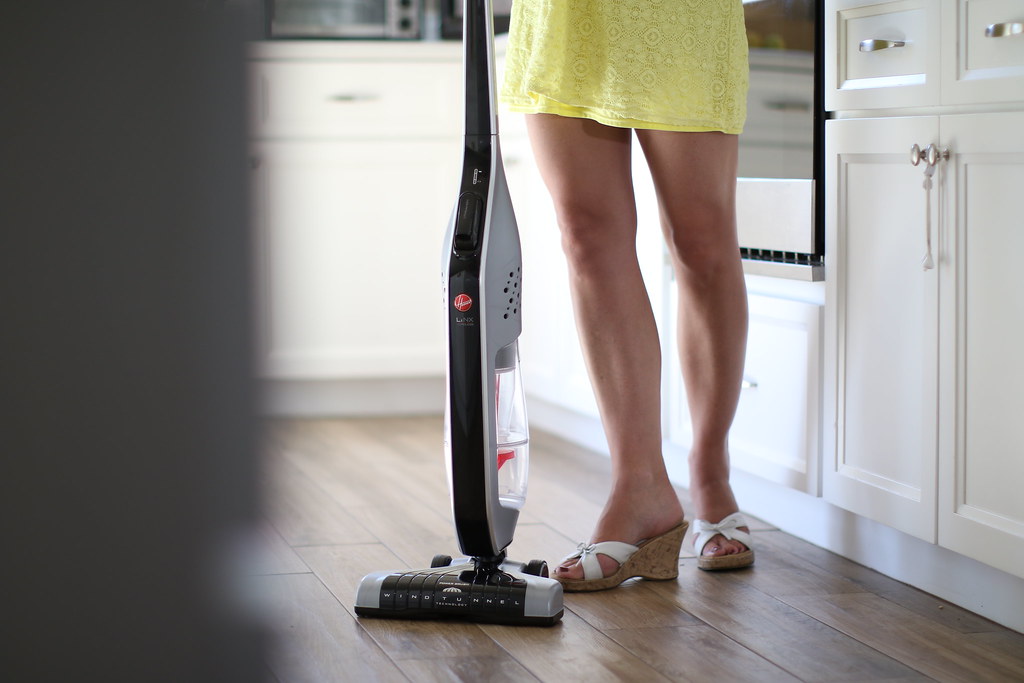6 Ways to Keep More Money in Your Pocket
March 19, 2021Whether it’s saving up for a new car or preparing for retirement, controlling your long-term finances is something you might be struggling with. Money is such a finite object, and as hard as you work, you can feel like you never have enough. It’s no wonder that money, or a lack thereof, is one of life’s biggest stressors.
However, you shouldn’t lose hope if you’re experiencing financial struggles. Just a few small adjustments made over time, when practiced faithfully, can make a big difference. The following six tips will help you start developing good money habits to keep more money in your pocket:
Table of Contents
1. Start With a Budget
You’ve been told this a million times, but have you actually sat down to draft a budget? This is your wake-up call. If you really want to make smart financial decisions, beginning with a budget will always be your best bet.
Start by outlining your most important expenses. Your rent (or mortgage), utilities, and insurance will need to be paid every month. Follow that up with an estimate of your other expenses, from clothes shopping and entertainment to gas, groceries, and travel.
Once you have your first draft of a budget, you can identify any changes you can make to keep more money in your pocket. You might notice you have more monthly subscriptions than you’re using and decide to cut a few to reduce your monthly costs.
2. Track Your Purchases of Money
Take your budget to the next level by tracking your daily purchases. These daily decisions are what really suck the cash out of your pockets because you often don’t account for them in your monthly totals.
Writing down the purchases you make every day will hold you accountable for how you’re spending your money. Additionally, you’ll be able to calibrate your budget more effectively when you can more clearly see how your money is being spent.
An easy way to track your purchases is by using a debit card. Those with an accompanying app will record all of your transactions in one place without any extra effort. Review your statements often and keep an eye on your balances to adjust your spending habits accordingly. Alternatively, you might use cash to add some physical sting to that departing dough. If so, be sure to take note of your purchases or take a photo of your receipts before you forget.
3. Keep Your Credit Cards at Arm’s Length
While it’s good to have a credit card to build credit, using one can be a slippery slope. The aforementioned debit card is a safer bet because it pulls funds directly from your bank account. That means you never spend more than you have.
Since a line of credit may offer a lot more spending power than your current bank account, it can be tempting to max it out. You wouldn’t be alone: the average American is weighed down by over $6,000 in credit card debt. This is not a crowd you want to join.
When you can’t pay off your credit balance, the interest racks up fast, and your debt can easily snowball. If you don’t want to be spending every extra penny covering debt service, keep your card in a drawer rather than your wallet. You’ll still have it when you need it, but you’ll be less prone to overspend.
4. Automate Your Savings Money
Savings should be a part of your budget. If it’s not already, circle back and add it right now. Emergency savings can get you out of a pinch, preventing you from having to put the costs of crises on your credit cards. Having a good sum saved away will also enable you to make bigger purchases in the future, such as a down payment on a home.
Automated savings will make sure that you’re putting some money away. Certain online banking apps allow you to round up your purchases and have the pennies diverted into a savings or investment account. These small sums will add up over time and give you a nice cushion to fall back on when you need one.
5. Stop Going Out (or Ordering In) So Much
This one might hurt, but you need to stop going out to eat or getting takeout so often. Eating out or ordering delivery food can be up to five times more expensive than cooking your own meals. That expense adds up quickly, and you’ll be devouring any extra cash on hand if you don’t fire up the stove soon.
Granted, not everybody knows how to cook. It’s increasingly a lost art in today’s world where home economics is no longer routinely taught. Cooking is also more work, which turns away many people who are used to the convenience of DoorDash and Uber Eats. However, if you really want to keep more money in your pocket, you’re going to have to put in the time and toil.
You don’t have to become a gourmet chef overnight. Start by looking up some online video tutorials to create some basic dishes. Thoughtful meal planning can extend your home cooking efforts, minimizing the hours you have to spend in the kitchen. Home-cooked meals also tend to be a lot healthier than eating out, so this lifestyle switch will help you in more ways than one.
6. Boost Your Income
Making more money online is an obvious way to pocket more cash. If a raise from your current employer isn’t a likely prospect, you can pick up a side hustle to snag some extra earnings.
You can choose something unique to your skill set, such as freelance writing, graphic design, or even voice acting. Put in enough work, and your side hustle might grow enough to become your main hustle. For many, this is a dream come true.
Just be careful not to use your increased income to justify more spending. If you use the money from your side gig to resume dining out or doing more online shopping, you’ve defeated the purpose. You’ll be much better off saving or investing your extra earnings.
It may sometimes feel like your money disappears so fast you must have a hole in your pockets. Use these six tips to stitch them up and make a start toward achieving your financial goals.




Tant qu’il y a un réseau, l’enregistrement en temps réel à distance peut être effectué sans installation matérielle spéciale.